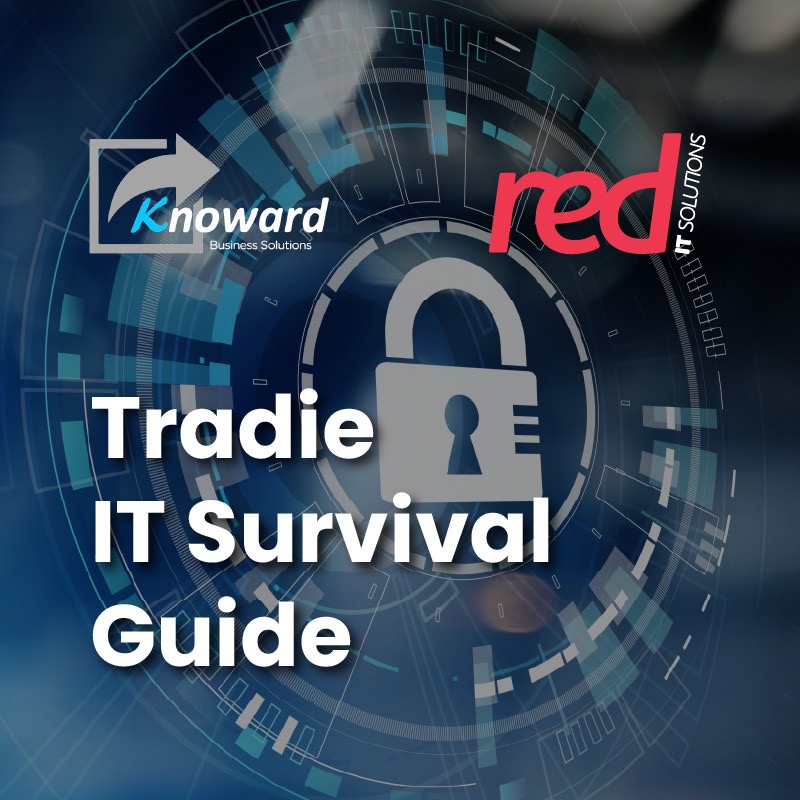
Most of the work on PCs, people now do on smartphones and tablets, choosing mobility with function. Based on research done by Microsoft, most organizations and businesses work on mobile devices 80% of the time. On top of that, mobile devices account for about half of all online searches and transactions. With this development, mobile attacks by hackers are rampant. Sensitive information like emails, bank apps, credit cards for NFC transactions, and more are stolen by such hackers from unsecured mobile devices by way of viruses and malware.
In 2020 alone, about 2.5 million individuals download adware programs unknowingly through mobile devices, and about 36.5 percent of organizations and corporations are targets by mobile malware! Therefore, it is crucial to take the same security precautions for mobile devices like a PC, such as installing antivirus and anti-malware software, DNS filtering, automated OS and app updates, and backup management.
So, we at Red IT Solutions rounded up a list of things to watch out for to save you the headache of getting mobile attacks and your data stolen.
Malware-covering applications
Malware for mobile devices falls into the same categories as malware for PCs, including ransomware, trojans, spyware, adware, etc. It is one of the common mobile attack to occur. Most individuals impulsively download programs from the Play Store or App Store. Apps disguised as malware can be found there as well. Whether or not an app is malware can be challenging and troublesome at worst.
Mobile apps with flashy designs and high ratings but no user reviews or the same generic reviews are warning signs. If you do make the mistake of downloading these, they might not work as intended. This is where the malware, hidden in the background within those apps, infects the device. Over time, hackers keep making it more difficult for users to distinguish fake apps from the actual ones.
By way of communications
Apps for messaging frequently lack encrypted communication, like Facebook Messenger. Most users do not bother or care to factor in security. With that said, there are messaging apps that prevent information from leaking out for hackers to take. These would be apps with encryption capabilities like Telegram, Viber, or Whatsapp.
Using public Wi-Fi
More than 75% of individuals extensively use public Wi-Fi, even though it is typically not secure. They use it if their mobile data runs out or if they want to save it for later. Most users have apps that hold sensitive information while using public Wi-Fi, such as online banking, online shopping, or entering credit card information on specific websites. There is a possibility of a man-in-the-middle assault within these circumstances.
It happens when hackers use the same Wi-Fi network and monitor victims who send unencrypted messages. This opening ensures hackers grab sensitive data transferred at the time. A VPN app is advisable in encrypting your communications so that hackers cannot intercept them when you connect to a public Wi-Fi network.
Communal USB Charging Stations
Just like ATM machines, hackers can easily influence charging stations by installing phony docks in public areas. The unassuming user’s information stored on the mobile device is compromised through malware that copies all your data or infects your device with malicious software when you charge your phone on one of these docks. It is best to stay away from public charging stations and bring your own power adapter to charge on a socket instead. Another safe alternative would be to use your own power bank.
Devices with outdated software
Nearly 40% of Android phones use out-of-date operating systems that do not qualify for routine, essential security updates. Old operating systems tend to be hacker-friendly and a threat to data security. Businesses need to make sure their staff uses mobile devices with the latest operating systems to prevent network breaches and maintain data security. Mobile brands and operating system developers always send minor updates from time to time and are mostly security updates. Take advantage of this as much as you can. The same goes with applications you use on your mobile device for work daily, do update them all – no two ways about it. And if you are part of the 40%, get a new phone that is future-proof with security updates for years.




